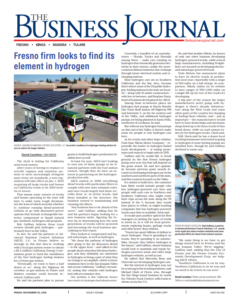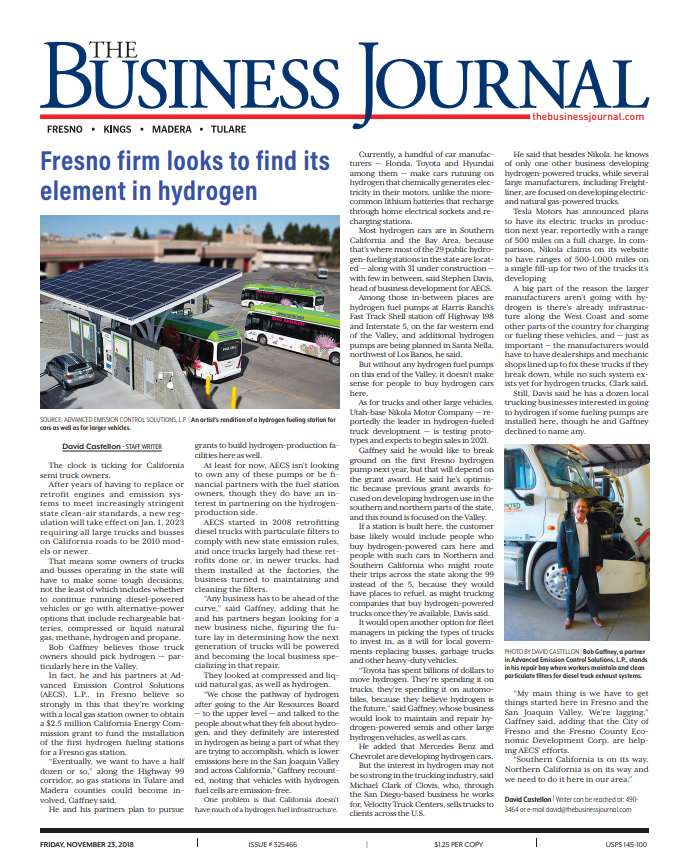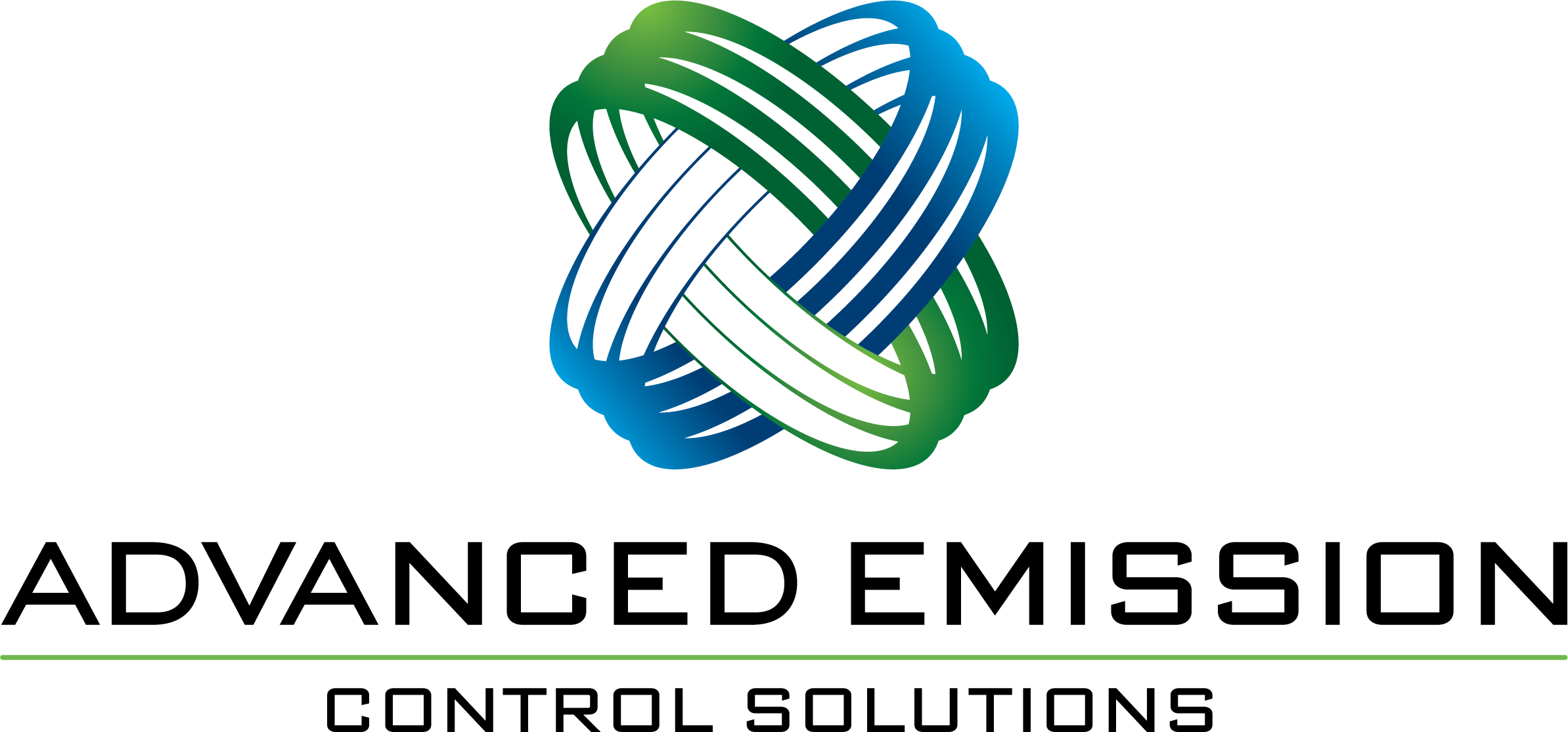Advanced Emission Recommends Emerging Tech for CARB Compliancy

Finding the most efficient ways for fleets to conform to the latest CARB (California Air Resources Board) updates is part of our job here at Advanced Emission Control Solutions. We keep our fingers on the pulse of the newest emerging tech to make it easier for you to reach compliance.
In the latest Truck and Bus Regulation Overview, published November 30, 2018, all trucks and buses (with a GVWR greater than 14,001 lbs.) must have 2010 model year engines or equivalent emissions by January 1, 2023, with few exceptions. By 2020, only vehicles that comply with the Truck and Bus Regulation will be registered by DMV (California Department of Motor Vehicles).
The updates in these regulations came about from CARB’s effort to extend the Low Carbon Fuel Standard (LCFS) by doubling the program’s carbon intensity reductions from 10 to 20 percent by 2020. This newly approved reduction in carbon intensity is the most stringent in the U.S., setting California on track to reduce greenhouse gas emissions to 40% below the levels recorded in 1990 (levels set by California Senate Bill 32 in 2016).
These newest CARB updates mean that operators of truck and bus fleets may be faced with some tough decisions down the road, including whether to continue operations with diesel-powered engines or turn to alternative options. Which emerging technology is the most cost efficient in the long run—rechargeable batteries, methane, compressed or liquid natural gas, propane, or hydrogen? CARB released their Advanced Clean Trucks Cost Discussion in December of 2018 to address these concerns.
Our in-house CARB emissions consultants, Bob Gaffney and Stephen Davis, went into action as soon as these updates were announced. As reported in The Business Journal on December 6, 2018, Bob Gaffney believes that truck owners should choose hydrogen as their green power of choice, especially for fleets operating in here in the Central Valley. “We chose the pathway of hydrogen after going to the Air Resources Board—to the upper level…They are definitely interested in hydrogen as being what they are trying to accomplish, which is lower emissions here in the San Joaquin Valley and across California.”
The issue is that California doesn’t have a prevalent hydrogen fuel infrastructure…yet. According to Stephen Davis, most hydrogen cars are in Southern California and the Bay Area, where the majority of public hydrogen-fueling stations are located.
Arizona -based Nikola Motor Company is leading the development for hydrogen-fueled Class 8 trucks and expects to have the first prototypes on the market by 2021. To prepare for this advent, Bob Gaffney wants to spearhead construction on the first hydrogen pump in Fresno this year, depending upon the prospective grants awarded by CARB. Stations built in Fresno may not only help reroute traffic to Highway 99 from the Interstate 5 corridor, but they could also act as the incentive for trucking companies to buy hydrogen-powered trucks when they become available. Once hydrogen-fueling pumps are installed in the Central Valley, Davis knows of a dozen local trucking businesses interested in taking the leap to going hydrogen.
“Any business has to be ahead of the curve,” stated Bob Gaffney. Anticipating how trucks will be powered keeps us one step ahead of the latest nuances in maintenance and repair. From DPF retrofits and replacement parts, to our DPF Advanced Cleaning Service, and to our new Mobile DPF Cleaning Service, AECS uses the most cutting-edge innovations to help you meet the latest CARB Truck and Bus Regulations.
Bob Gaffney and Stephen Davis are at your service to assist you in sorting out the latest wrinkles in CARB compliance. Contact them at 559-472-7301 for your complimentary consultation.


